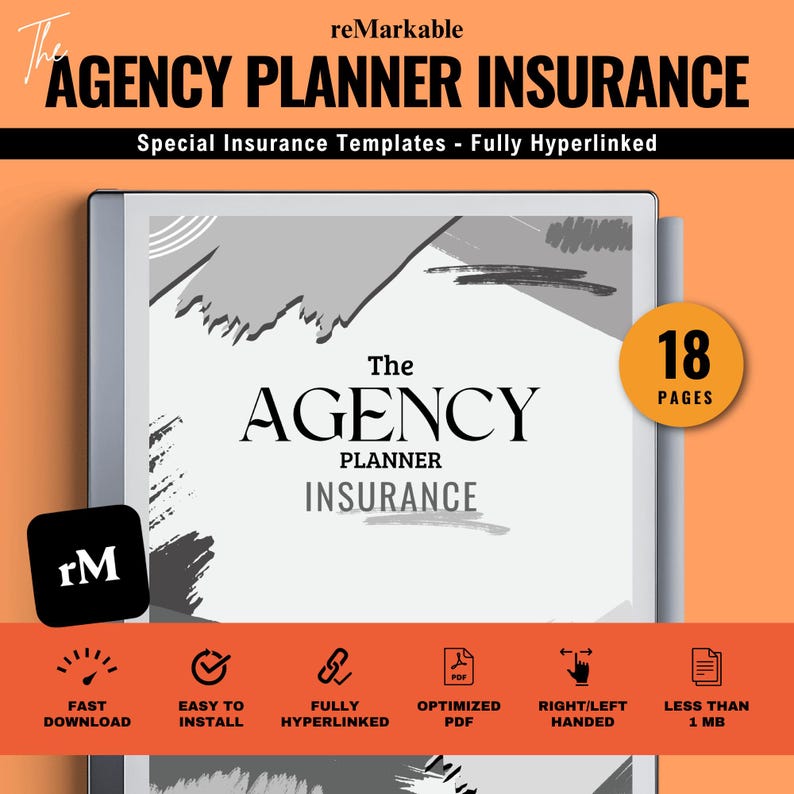In the fast-paced world of trucking, protecting your business from unforeseen risks isn’t just smart—it’s essential. Whether you’re an owner-operator or managing a fleet, having the right insurance coverage can be the difference between weathering a tough situation and facing financial ruin. In this article, we’ll break down the essential types of coverage every trucking business needs to understand. From liability to cargo protection, knowing what policies are critical can help you safeguard your operations and keep your wheels turning no matter the road ahead.
Table of Contents
- Understanding Liability Coverage and Its Importance for Trucking Operations
- Comprehensive Cargo Insurance to Protect Your Freight Investments
- The Role of Physical Damage Coverage in Mitigating Vehicle Losses
- Recommended Strategies for Choosing the Right Coverage Packages
- In Summary
Understanding Liability Coverage and Its Importance for Trucking Operations
Liability coverage is a critical component of any trucking business’s insurance portfolio, designed to protect operators from the financial fallout of accidents and damages they may cause on the road. Without adequate liability insurance, trucking companies face devastating risks including hefty legal fees, settlement costs, and potential business closure. This coverage primarily addresses bodily injury and property damage claims, ensuring that injured parties receive compensation without forcing the trucking business to deplete its operational resources.
For trucking operations, understanding the nuances of liability coverage can be the difference between survival and financial ruin. Coverage typically includes:
- General Liability: Protects against third-party injuries and property damage occurring off the truck.
- Auto Liability: Covers damages caused by the truck during accidents involving other vehicles or property.
- Cargo Liability: Insures against loss or damage to the goods being transported.
Investing in comprehensive liability coverage is more than a legal obligation; it’s an essential risk management strategy that safeguards the trucking fleet’s longevity and reputation.
Comprehensive Cargo Insurance to Protect Your Freight Investments
Protecting your freight goes beyond just securing your truck or trailer; it requires a dedicated insurance policy that specifically covers the cargo you’re transporting. Comprehensive cargo insurance acts as a financial shield against unforeseen events like theft, damage, or loss during transit, ensuring your freight investments remain secure no matter the circumstance. This type of coverage typically includes protection from:
- Physical damage caused by accidents or natural disasters
- Theft or hijacking during transportation
- Loss due to improper handling or loading/unloading
- Delays and resulting financial losses
By tailoring your cargo insurance to the nature of your freight—be it perishable goods, high-value electronics, or bulk materials—you mitigate significant risks that could otherwise disrupt your business operations.
Understanding the gaps in general liability or truck insurance, carriers must invest in cargo policies that align with industry standards and client expectations. In addition to covering the value of the goods, comprehensive cargo insurance often includes coverage for:
- Expenses related to recovery and salvage
- Legal liabilities arising from cargo loss
- Third-party claims in case of damage to others’ property
This proactive step not only enhances your reliability as a trucking provider but also fortifies your financial resilience against the unpredictable challenges of freight transport.
The Role of Physical Damage Coverage in Mitigating Vehicle Losses
When operating a trucking business, unforeseen physical damage to vehicles can lead to significant financial strain. Physical damage coverage serves as a critical safeguard, protecting trucks from the costs associated with collisions, vandalism, theft, or natural disasters. This type of protection ensures that repairs or total loss replacements don’t cripple your operations, allowing you to maintain a steady workflow without the burden of unexpected out-of-pocket expenses.
Key benefits of this coverage include:
- Comprehensive protection against a wide range of damages, from minor dents to major collisions.
- Minimized downtime and quicker return to service by covering repair costs.
- Peace of mind knowing that your investment in trucking equipment is secured, no matter the circumstances.
Recommended Strategies for Choosing the Right Coverage Packages
When selecting coverage packages for your trucking business, it’s crucial to conduct a thorough risk assessment tailored specifically to your operations. Start by evaluating factors such as the types of goods transported, routes frequently taken, vehicle sizes, and the legal requirements in your operating regions. From there, prioritize coverage that shields you from the highest potential liabilities—this helps avoid costly gaps in protection down the line. Consider combining general liability with cargo and physical damage insurance to create a robust safety net that addresses both property and third-party risks.
Additionally, leverage a consultative approach with insurance experts who specialize in commercial trucking. They can help to unravel complex policy jargon and customize packages that align with your budgetary constraints without sacrificing essential protections. Pay close attention to optional add-ons like environmental liability or non-trucking liability coverage, which could prove invaluable depending on your fleet’s specifics. Remember, a well-rounded coverage plan is not just about meeting minimum requirements, but about securing your business against unexpected interruptions and lawsuits.
- Analyze your operational risks annually to adjust policies accordingly.
- Bundle coverage options for discounts and comprehensive protection.
- Consult industry-specific insurance brokers to navigate complex needs.
In Summary
In the complex and high-stakes world of trucking, having the right insurance coverage isn’t just a smart business decision—it’s an absolute necessity. By understanding and securing the essential types of coverage outlined here, trucking businesses can protect their assets, comply with legal requirements, and safeguard their long-term viability. Whether you’re a fleet owner or an independent operator, taking the time to evaluate your insurance needs and working with knowledgeable providers will ensure you’re prepared for whatever challenges the road may bring. Ultimately, comprehensive coverage is more than just a policy—it’s a critical foundation for resilience and success in the trucking industry.






